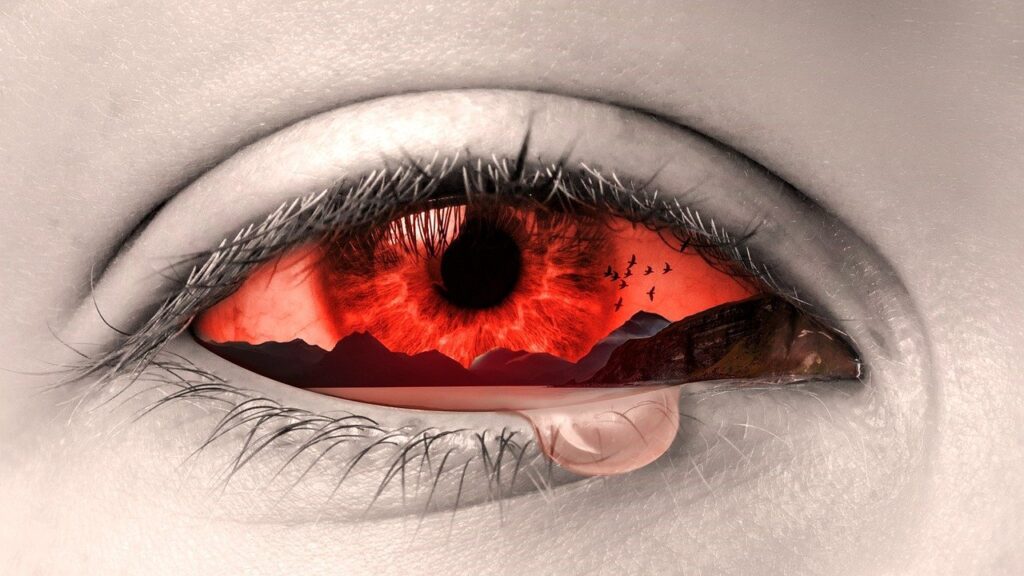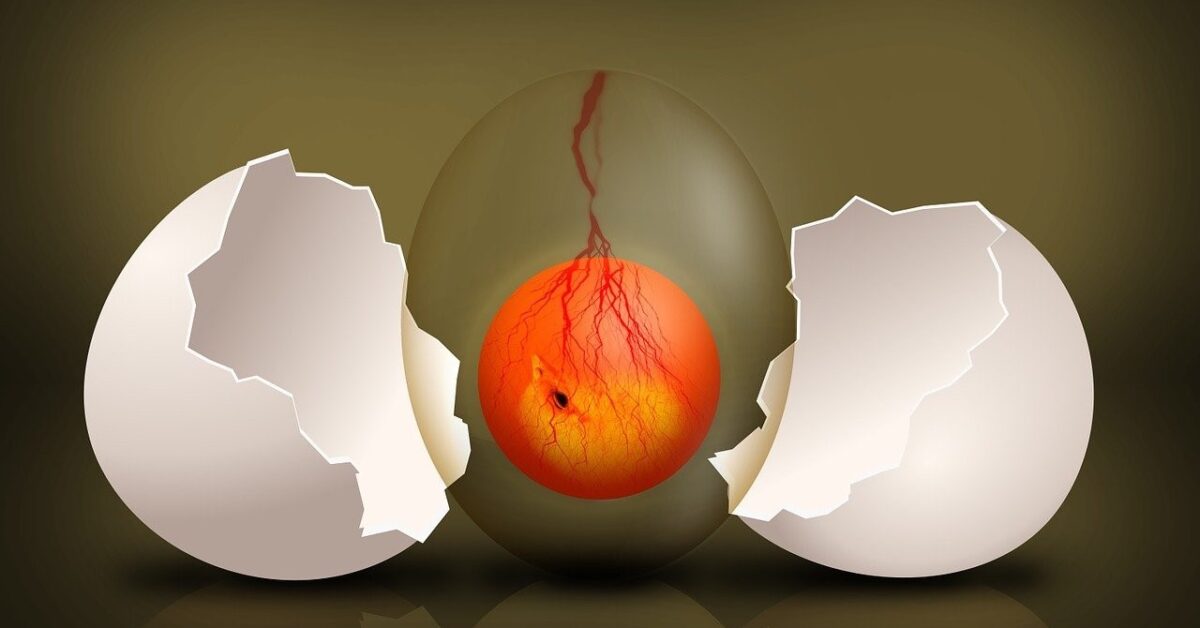Do you know who you are? What drives you? What makes you move? (and it just reminded me of this song…We know who U R by Nick Cave &The BadSeeds)
There are mainly two types of person when we talk of direction. In motivational terms (motivation = motive for action), people can mainly be driven to move :
A) by Goal / In direction to/ Towards a positive result;
B) by Fear / Away from / A negative consequence
To learn more about this issue check the link of the book for begginers in NLP :
“NLP-The Essential Guide” by Tom Hoobyar
We’re all adapting here, in this new world.
Somehow, we’re all reinventing ourselves. Some changes happen by circumstances, others by choice.
Change is easier when you know yourself well. Deep.
So: who are you? To yourself? Best friend? Best ally? Worst enemy? Both?
Intimate Friends: Best Friend, Worst Enemy Or Both?
Good sense says me-myself-and I should be intimate friends. Sometimes we sure know how to be our worst enemy.
Repeating bad routines that lead us to old familiar places.
Sometimes we don’t even recognize that it’s a bad routine: is so buried down inside the unconscious, we do it automatically.
The same pattern of relations, the same pattern of responses, the same pattern of choices. Some leading to same bad results. And the change in life screaming that life needs growth.
Life yearns for growth. We see it in everything that is a living form of being. Animals, plants, humans.
Knowledge of the self
About self-knowledge, never like before we had access to so much knowledge. We hear podcasts, read blogs, listen to videos on youtube talking about personal development, knowledge of the self, power of presence, self-empowerment, reinvent ourselves.
And I’m random wording here around one subject: the self.
So we run to upskill on knowledge (many kinds available on the web). Including self-knowledge.
One of these days I heard some unproven theory about the relation between the myelinization process in the early 5 years of life, the 5 main existential pains, and how it might determine the choices we make along with life.
The myelinization process is inherent to the well-functioning of the nervous system throughout life. Very basically? Is the white mass of the brain the allows the neurons to communicate their electrical signal efficiently.
https://maestrovirtuale.com/mielina-definicao-funcoes-e-caracteristicas/
The 5 Existential Pains
Let´s go back a little, to the non-proven theory of myelinization in the early 5 years of life, existential pains, and decision-making in adult life.
According to this theory, we go through this learning process of perceiving life, in the early years and normally experience one or more of these 5 main existential pains:

- Rejection
- Abandon
- Manipulation
- Humiliation
- Betrayal
The pain that is more intense in a child’s early years, will reveal itself in the decision-making in the adult phase. The fear or those fears might be very determinant in the how choices are made – things you choose to do or not to do – in your adult life: you’ll avoid going through that existential pain again.
Based on this theory, if someone is a procrastinator, the reason he procrastinates is to avoid one of the Existential Pain.
If person has patterns in the relationships: that is to keep him/her safe from one of the Existential Pain.
Someone who wants to lose weight doesn’t find a way to stop eating bad food he knows he should avoid. That person that keeps on eating junk is avoiding facing one personal Existential Pain.
I remember listening to this theory, and identifying straight forward two of my existential pains and relating them to some choices that I’ve made: situations I ran from, others I ran to.
Some good choices. Some challenging choices.
What I mean is: unveil.
Unveil your existential pain(s).
Be honest with yourself. Don’t keep secrets to yourself.
Be you best friend: for better and for worst.
Think that what is no longer hidden can no longer hurt.
Identifying your existential pains might just help in demystifying your fear. When you demystify your fear, is easier to find strategies to neutralize it and diminish chances of self-sabotage.

How Meditation Helps You Know Yourself

Suggestion? Always.
Take ten minutes of your day to meditate. That moment of connection with yourself. To clean up the noise of the day. Might be one moment of the kind of “There’s nothing like this”.
You don’t have to be a guru of meditation to benefit from it.
Benefits of Meditation
1) Self-awareness
2) Train you to listen to your silent talk: your best friend and your worst enemy.
3) You get used to observing yourself as if you were an outside person. And if you do it without criticism or judging, it helps to correct some of your own attitudes.
4) By getting used to seeing yourself from outside the box. Or learn to see other situations as well, and understand other people’s perspectives/contexts/points of view.
Knowing yourself might just be that way to get that coherence in your life.
Coherence between your wants and your results.
Coherent Greetings to you all!
